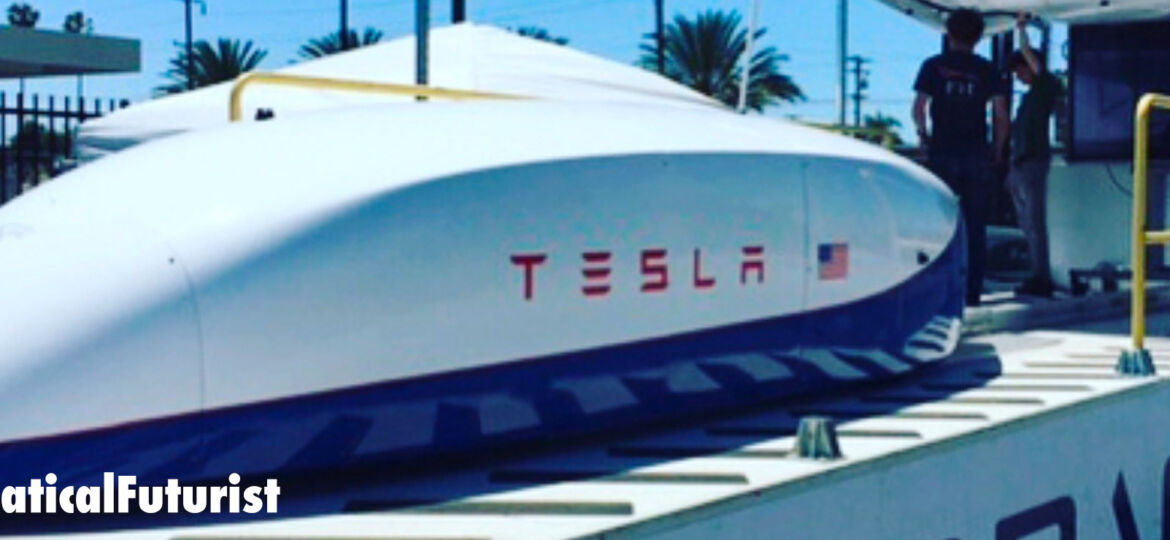
WHY THIS MATTERS IN BRIEF
- The race to dominate the future of high speed travel is on, and Elon Musk just showed his hand
In 2013 billionaire polymath Elon Musk “gave” the world his Hyperloop idea, a concept of a train in a vacuum tube that could travel at speeds of over Mach 1, to the world – even though actually the idea first emerged in 1900’s London as a way to transport goods across the River Thames.
Originally it was thought that Musk was “open sourcing” his idea because he didn’t have time to build it himself, what with running SolarCity, SpaceX, Tesla and all, but now, despite recent advances by the big two startups in the space Hyperloop One, who look ready to build the world’s first Hyperloop network in Dubai in 2021, and Hyperloop Transportation Technologies (HTT), it’s increasingly evident that he’s trying to commercialise the technology himself, and it’s also conceivable that he’s going to combine it with his Boring Company’s ambitions to build a network of subterranean Hyperloop tunnels under Los Angeles.
Late last week, according to Musk, his Tesla branded Hyperloop pusher, the sled that will accelerate the Hyperloop cargo and passenger pods, hit 220 mph, breaking the record set by Hyperloop One last month when they hit 192mph.
“We took the SpaceX/Tesla Hyperloop pusher pod for a spin by itself a few days ago to see what it could do when not pushing student pods (some need a push to get going, e.g. passive maglev). Got up to 355 km/h (220 mph) before things started 🔥. Kind of like racing with a tugboat. Maybe able get past 500 km/h (about half speed of sound) next month with a few tweaks or maybe tiny pieces…” Musk posted.
The Tesla pod, while fast, isn’t anywhere near the supersonic speeds that Musk thinks are possible in the near vacuum of his test tube. Still, Musk thinks he can “get past 500 km/h,” or about half speed of sound, “next month with a few tweaks or maybe tiny pieces,” according to his Instagram post announcing the record.
















